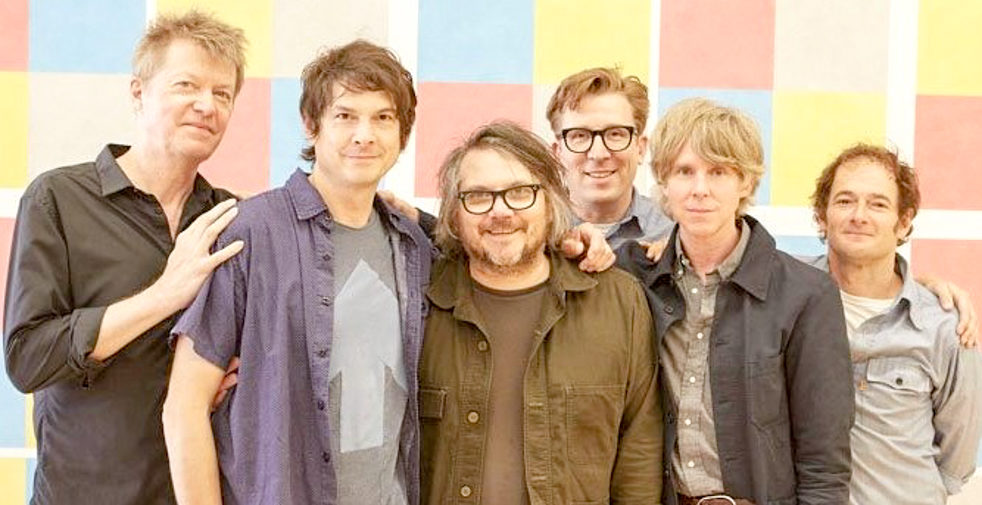Jeff Tweedy is particular. The Wilco front-man has never been one to pick up an aesthetic for an album and drop it by the time the next one rolls around — rather, Tweedy has been content to roll with ideas and see where the road takes him, evolving and coalescing until it sounds just right. Wilco’s latest effort, “Ode to Joy,” represents tracks well along with Tweedy’s journey down atmospheric alt-country, realizing further Tweedy’s own solo efforts from the previous year while building enough off of them to sound like a true Wilco piece in its own right.
Despite Wilco’s relative quietness since their previous album, 2016’s “Schmilco,” Tweedy has kept busy, releasing three heavily-acoustic albums that represented a mix of covers of older Wilco songs and original material. Bluesy, melancholy and nostalgic, tracks like “Having Been is No Way to Be” and “Landscaped” were gorgeous, echoing reflections — the sounds of an artist looking back on his career with longing. The material dropped around the same time as Tweedy’s memoir, “Let’s Go (So We Can Get Back),” where Tweedy detailed his own struggles with creativity and fame, meditating on his memories as an artist and performer, and it’s not hard to hear Tweedy meditating in those tracks, tracing the contours of his life.
If Tweedy decided to press pause with his albums to look back on his career, then “Ode to Joy” represents Tweedy pressing play — carrying forward the same tones and themes with renewed vigor. Beginning quietly with “Bright Leaves,” a track that would be at home at any of Tweedy’s most recent solo efforts, the album truly begins in earnest with “Before Us,” a pounding, pulsating track that gushes forth with energy. “One and a Half Stars” and “Quiet Amplifier” paint pretty pictures of loneliness, isolation and of “shy little flower[s] on the vine.”
Tweedy’s introspective style especially comes into play with the punchy “Everyone Hides” and the meditative “White Wooden Crosses.” With soft acoustic strumming and the “wah-wah” of an electric guitar backing, on the latter track Tweedy ponders the strangeness of contemplating what it might be like to lose someone close: “My blood ran cold/as these sad ideas passed through … What would I do / if a white, wooden cross meant that I’d lost you?” “Ode to Joy” moves further and further down-beat with “Citizens” and “We Were Lucky,” before springing back in a new, hopeful direction with “Love is Everywhere (Beware),” as the electric guitar finally supplants
the acoustic.
On the track, Tweedy warns listeners not to be seduced by love, but to instead be energized by it. It’s here that the “Ode to Joy” moniker is earned, as Wilco seem to seize upon their own anxieties and declare a willingness to triumph over them, to reach out. “Hold me Anyways” punctuates this message: “Are we all in love, just because? / No, I think it’s poetry and magic / something too big to have a name” — Tweedy argues against the passivity of affection, and instead proclaims “carpe diem” for his own happiness.
Despite the happy tones of the piece, Tweedy ends the album on a melancholic, ambiguous note, reaching out and encouraging someone to have the same epiphany in “Empty Corner” — “Come back, lonely / how sad, if only / I don’t believe you don’t care / you’ve got family out there.”
Tweedy’s lyricism is at its finest here as he places the bow on this absolute present of an album, writing “Where the power lines are down / whipping sparks around / like angels touching down / I see you there.” It is a powerful break from the otherwise introspective nature of the piece, and it is executed flawlessly by the talented Tweedy.
